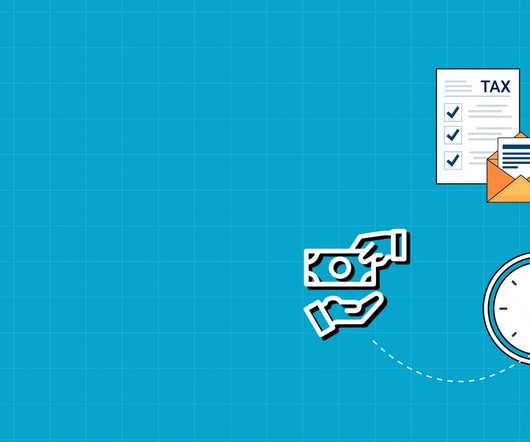Payroll Taxes Demystified: A Breakdown for Accountants and CPAs Serving Business Owners
CPA Practice
APRIL 9, 2024
As accountants and CPAs, dealing with payroll taxes is essential to managing finances for your business clients. Understanding the details of payroll taxes helps you better assist your clients in fulfilling their obligations and maximizing tax efficiency. for paying state unemployment tax.














Let's personalize your content